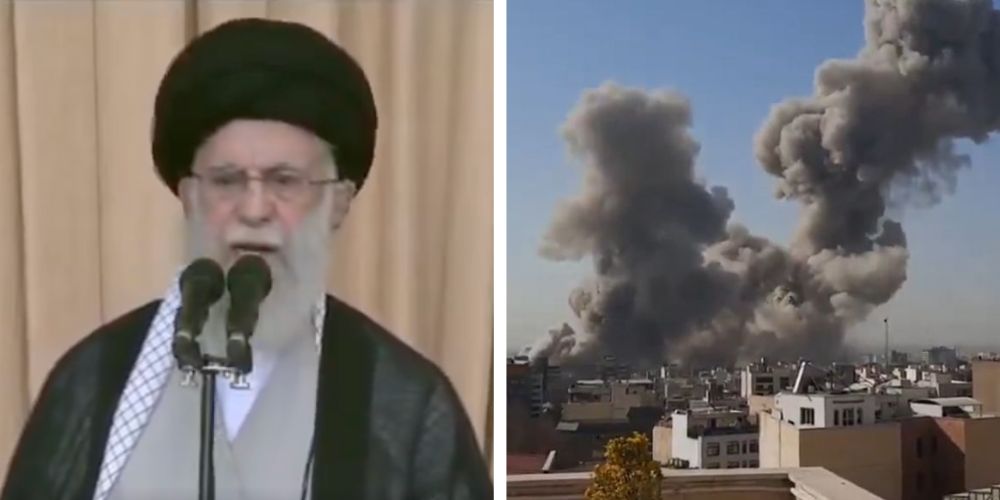There’s a well-deserved atmosphere of distrust among conservatives for the media, particularly at events like Glenn Beck’s 8/28 rally and tea parties. Conservatives are concerned their quotes will be misconstrued and that they’ll be labeled more racist than the Black Panther Party.
I understand. I really don’t want my words twisted in a Chris Matthews’ diatribe, either.
This distrust, however, usually has a bad side effect: people clam up, and they often refuse to talk even with conservative media that is trying to give voice to their cause. Attendees are concerned journalists go into an interview with a bias, so some will prejudge a journalist exactly the same way.
Again, I completely agree there are several wolves in press credentials. And so many people that I interview at these events are friendly and gracious with their time and sharing their thoughts.
But refusing an interview is rarely the best option.
Journalists at events like tea parties and political rallies owe honesty to whomever they want to interview. At these events, I always bring a business card. If the event has an area for press, they usually require a credential. So look for one of these two things, and if the journalist has a credential, at least take into consideration before you decline an interview that the event you’re attending has given their blessing to the journalist being there. I don’t think the journalist needs to identify their affiliation as if it’s their last name, but if asked straight out, a journalist wanting to interview you at these events should give you an honest answer. You deserve that.
Second, don’t automatically assume that because someone is a journalist, they are going to twist your words. I work for a conservative publication, but I appreciate it when the shoe is on the other foot and someone whose ideology doesn’t match with a publication’s stance gives me the chance to accurately quote them. Borrow Ronald Reagan’s philosophy: trust, but verify.
Bottom line: journalists have usually been assigned a story by someone higher up in an organization. They are expected to produce a story, and time and space have been made for that story on the air or on a webpage or in a newspaper. So journalists, come Hurricane Earl, will produce a story, often regardless of whether audience members talk to them or not. If you talk to them, you help control the spin. If not, you leave the spin completely in their court.
There are infamous examples where talking to the media has got someone in huge trouble, deservedly or undeservedly so. But I can list examples where not talking to the press has been just as damaging to someone’s career or reputation in a community. Not talking ala Tiger Woods last November can be just as detrimental as talking too much.
Choose your words carefully, but remember that silence isn’t always golden.





